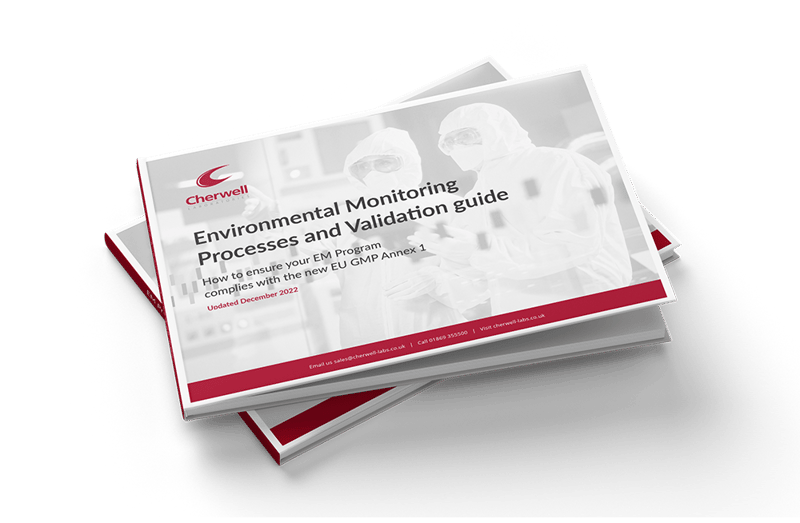PHSS Annual Conference
This was a busy conference that provided guidance on the Annex 1 regulations, from designing and implementing your own contamination control strategy, to ensuring you conduct a thorough and in depth validation of your air sampling equipment. We found in particular that our Redipor® BetaBags were attracting attention from the delegates. This product is designed to enable rapid transport of sterile plates into isolators through RTP ports, without the need for wiping or VHP. In particular the options to save time in continuous production or increase batch sizes, which were limited by the number of plates requiring VHP, were appealing to delegates.
Aseptic Processing Conference
The key takeaway from the Aseptic Processing Conference was from Novo Nordisk’s presentation on how they have worked with the FDA over a number of years to be able to utilise rapid microbiological methods in their pilot facility in Denmark. They have successfully implemented 7 monitors into their filling line and have demonstrated over 3,000 hours of running in Grade A isolator and in Grade D background area, the equivalence to the use of settle plates and active air samplers. As a result, they have decided to shift all of their manufacturing units and facilities to rapid micro methods. They plan to eventually eliminate the use of settle plates and active air sampling. This is a first for the pharmaceutical industry. It could be a step change for the industry over the next 10-20 years, as more regulators and companies work towards using real-time microbial monitoring. Could this be the start of the end for settle plates in pharmaceuticals?

NHS QATS 2023
It was good to be back at the NHS QA and Technical Services Conference after a COVID hiatus and a cautious return last year without exhibitors present. With 300 delegates present, it was incredibly busy. Throughout the event it was clear that the NHS is only just coming to terms with the impact of the new Annex 1 regulations, which are going to put additional pressure on both licensed and Section 10 units. With many units reporting that regional QAs are looking for Section 10 units to also move to be compliant with Annex 1 regulations. This is a welcome from a quality perspective, but whether this position is sustainable in the long-term, due to the physical and technical restraints on these units, remains to be seen.
In addition, it is welcome to see that it is full steam ahead on both the NHS Wales’ TRAMS project and the NHS England’s Pathfinder project. These are similar projects to drive the next generation of purpose-built Hub hospital pharmacies. In Wales this will see 3 major hubs serving South Wales, South and West Wales and North Wales respectively. Whilst in England there are a number of major hubs (Newcastle, Southampton, Stockport to name just a few) that will be primary service providers to a number of hospitals. These hubs will be supported by a number of existing “spoke” units in surrounding areas that will hold some functions.
Lastly, there is now a clear need in NHS for needle-free infusion bags, so that processes are accurately simulated. See more about needle-free bags in our delivering knowledge piece.






